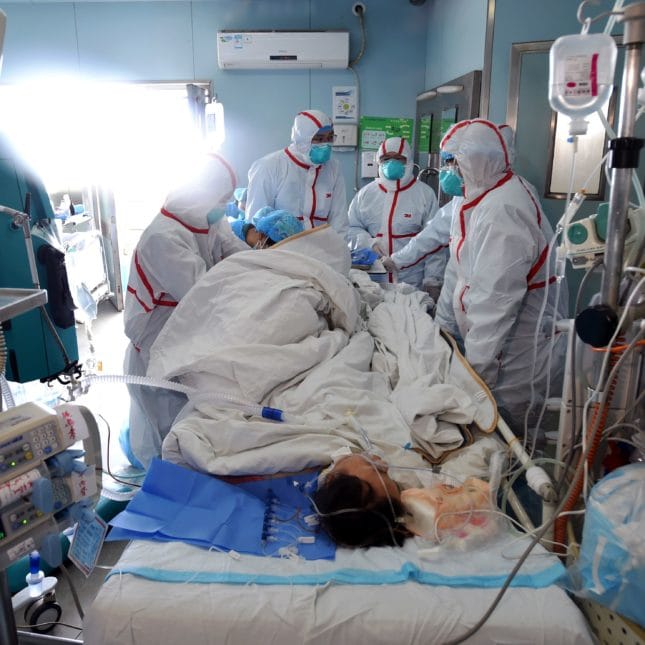The recent confirmation of a bird flu case at a poultry facility in Maryland has prompted immediate action from state and federal agricultural authorities. The Maryland Department of Agriculture (MDA) announced the detection of the highly pathogenic avian influenza (HPAI) strain, which poses a significant risk to domestic poultry and can have serious economic implications for the poultry industry.
The affected facility, which has not been publicly identified, is located in a region known for its robust poultry production. Following the confirmation of the virus, the MDA has implemented strict biosecurity measures to prevent the spread of the disease. These measures include quarantining the affected area, restricting movement of birds and equipment, and enhancing surveillance of nearby poultry operations.
Avian influenza is a viral infection that primarily affects birds, but it can also infect humans and other animals in rare cases. The HPAI strain is particularly concerning due to its high mortality rate among infected birds. Symptoms in poultry can include sudden death, decreased egg production, respiratory distress, and neurological signs. The virus can spread rapidly among flocks, making early detection and containment critical.
State officials have emphasized the importance of biosecurity practices for poultry producers to minimize the risk of infection. These practices include maintaining cleanliness in poultry housing, controlling access to flocks, and monitoring bird health closely. The MDA is working with local farmers to ensure they are aware of the situation and are taking appropriate precautions.
In addition to the immediate response at the affected facility, the MDA is collaborating with the United States Department of Agriculture (USDA) and the Centers for Disease Control and Prevention (CDC) to monitor the situation closely. The USDA has a comprehensive plan in place for responding to outbreaks of avian influenza, which includes testing and surveillance of poultry populations across the state.
The detection of bird flu in Maryland is not an isolated incident. The virus has been reported in several states across the country in recent months, leading to increased vigilance among poultry producers and state agricultural agencies. The USDA has been actively working to control outbreaks and prevent the spread of the virus, which can have devastating effects on the poultry industry.
The economic impact of avian influenza can be significant. Infected flocks may need to be depopulated to prevent further spread of the virus, leading to substantial financial losses for producers. Additionally, the fear of infection can lead to decreased consumer demand for poultry products, further affecting the industry. The MDA is committed to supporting affected producers and helping them navigate the challenges posed by this outbreak.
Public health officials have reassured the community that the risk of transmission to humans remains low. While there have been rare cases of human infection with avian influenza, these typically occur in individuals who have close contact with infected birds. The CDC continues to monitor the situation and provides guidance to healthcare providers on how to respond to potential cases.
As the situation develops, the MDA will continue to provide updates to the public and the agricultural community. Producers are encouraged to report any unusual signs of illness in their flocks to the MDA immediately. Early detection and reporting are crucial in managing the outbreak and protecting the health of both poultry and the public.
In conclusion, the confirmation of a bird flu case at a poultry facility in Maryland highlights the ongoing challenges faced by the poultry industry in managing avian influenza outbreaks. The collaborative efforts of state and federal agencies, along with the proactive measures taken by poultry producers, are essential in mitigating the impact of this disease. As the situation evolves, continued vigilance and adherence to biosecurity practices will be vital in safeguarding the health of poultry populations and ensuring the stability of the agricultural sector.


